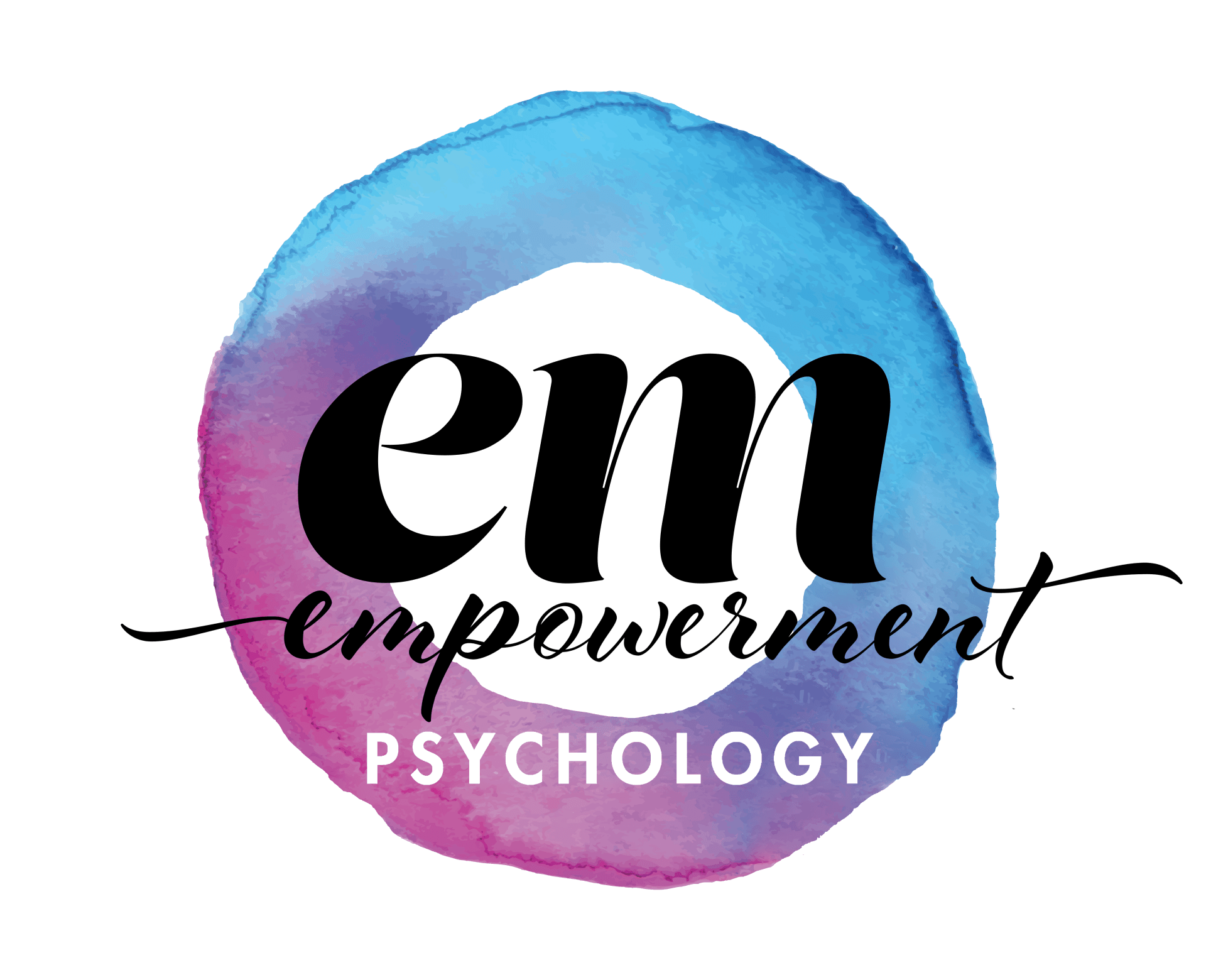Internal Family Systems (IFS) Therapy
Internal Family Systems (IFS) is an evidence-based, non-pathologizing approach to psychotherapy that helps individuals understand and heal their inner world. Rather than viewing symptoms as problems to eliminate, IFS sees them as parts of us that have taken on protective roles in response to past pain.
Developed by Dr. Richard Schwartz, IFS is grounded in the understanding that we all contain multiple “parts” — distinct subpersonalities that carry different emotions, beliefs, and roles. For example, one part might be critical or perfectionistic, while another might feel young, scared, or ashamed. Beneath all of these parts lies our core Self — a calm, compassionate, and wise presence that can lead our inner system toward healing.
In therapy, we explore your inner landscape with curiosity and compassion, helping you build relationships with your parts so they no longer have to act out in extreme or protective ways. As parts begin to feel seen, understood, and unburdened, you naturally experience more balance, clarity, and connection in your life.
IFS has been found to be particularly effective for those navigating:
- Complex trauma and PTSD
- Emotional dysregulation and self-criticism
- Relationship difficulties and attachment wounds
- Anxiety, depression, and inner conflict
As a Level 2 IFS Trained Practitioner, I provide a safe and attuned space to help you reconnect with your Self — the grounded, compassionate presence within you that has always been there.
What To Expect
1. Reaching Out for Help
Once you have decided to seek help and we have received your referral, either from your GP or other source my admin will contact you to make an intake appointment.
2. Getting to Know You
At the intake appointment your psychologist will ask you lots of questions to find out what is going on and to formulate a treatment plan.
3. Formulation and Treatment Planning
At the end of the session a treatment plan will be agreed upon. It is important to remember that you are the best person to know what feels right for you and if the treatment sounds like a good fit.
4. Treatment
After the intake appointment the next appointment will start the therapy process. Sessions are typically 50 minute sessions. This will typically involve a check in to see any issues that have arisen since last session. Your psychologist will teach you skills and support you to achieve your mental health goals identified above.
5. Relapse Prevention
These sessions teach you how to maintain the positive changes you have made.

